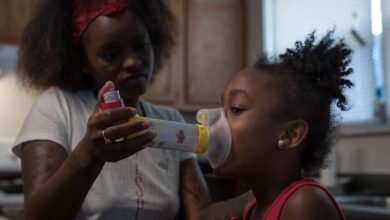The Silent Wounds of Childhood: How Verbal Abuse Alters Brain Development

Verbal abuse in childhood leaves a deeper mark than many realize, not just emotionally, but neurologically. A growing body of neuroscience now confirms that harsh, belittling, or threatening language from adults can alter a child’s brain development, increasing their risk of serious mental health issues later in life.
Researchers have found that children exposed to sustained verbal abuse develop a hyperactive threat system, making them more likely to perceive neutral situations as threatening. At the same time, their brain’s reward system becomes dulled, reducing their ability to experience joy or respond positively to supportive interactions. These changes make it harder for affected children to build healthy relationships, regulate their emotions, and develop self-worth.
The long-term consequences are significant. Adults who experienced verbal abuse in childhood are more likely to struggle with anxiety, depression, substance abuse, suicidal thoughts, and difficulty maintaining stable relationships. Their internal narrative often reflects years of internalized shame and fear, messages that originated not from strangers but from the very people who were supposed to protect them.
Despite the evidence, verbal abuse remains one of the least acknowledged forms of childhood trauma. It’s often dismissed as harmless or written off as part of “tough love.” But experts are clear: this is not about occasional frustration or a parent’s bad day. Verbal abuse is a sustained pattern of shaming, blaming, or frightening language, and it is preventable.
Mental health advocates and researchers are urging parents, educators, and policymakers to pay closer attention. Prevention begins with awareness, understanding that words shape the brain and the future. By fostering environments where children are spoken to with care, encouragement, and respect, society can interrupt the cycle of harm.





